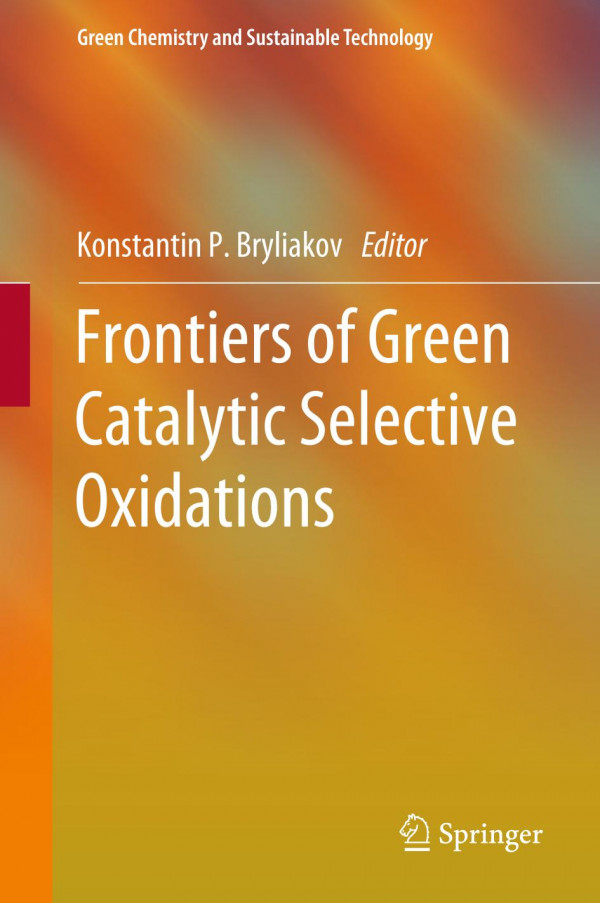

Most ebook files are in PDF format, so you can easily read them using various software such as Foxit Reader or directly on the Google Chrome browser.
Some ebook files are released by publishers in other formats such as .awz, .mobi, .epub, .fb2, etc. You may need to install specific software to read these formats on mobile/PC, such as Calibre.
Please read the tutorial at this link: https://ebookbell.com/faq
We offer FREE conversion to the popular formats you request; however, this may take some time. Therefore, right after payment, please email us, and we will try to provide the service as quickly as possible.
For some exceptional file formats or broken links (if any), please refrain from opening any disputes. Instead, email us first, and we will try to assist within a maximum of 6 hours.
EbookBell Team

4.7
76 reviewsThe demand for novel efficient and environmentally sustainable chemo, regio- and stereoselective catalyst systems for the oxidation of organic substrates is continuously growing in line with toughening economic and environmental constraints. This book addresses these issues; it consists of eleven chapters written by world-recognized experts in green and sustainable oxidation catalysis. The most urgent and challenging topics, in the judgment of the editor, such as green asymmetric epoxidations, sulfoxidatiuons, C–H oxidations; oxidation catalysis by polyoxometalates and oxidations in non-conventional solvents, etc. have been critically reviewed in this book. Both fundamental aspects, such as catalysts design, catalytic properties, nature of catalytically active sites and reaction mechanisms, and practical outlook of the oxidations have been addressed by the authors. The book appeals to a broad readership, particularly graduate students, employees of universities and research organizations, and industrial researchers, particularly those working in the areas of homogeneous oxidation catalysis, asymmetric synthesis, organocatalysis, sustainable catalytic processes and green chemistry, mechanisms of catalytic reactions, synthesis of bioactive compounds, biomimetic chemistry, etc.
Konstantin Bryliakov is Leading Researcher at the Boreskov Institute of Catalysis. In 2016, he was elected Honorary Professor of the Russian Academy of Sciences.